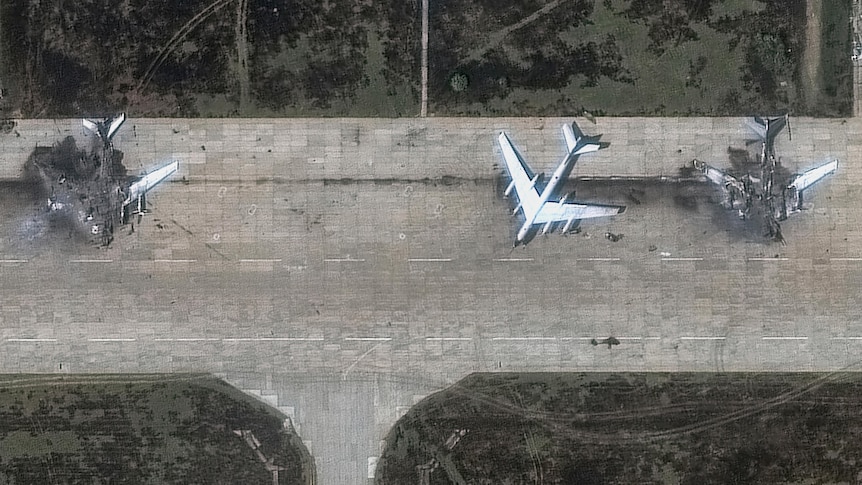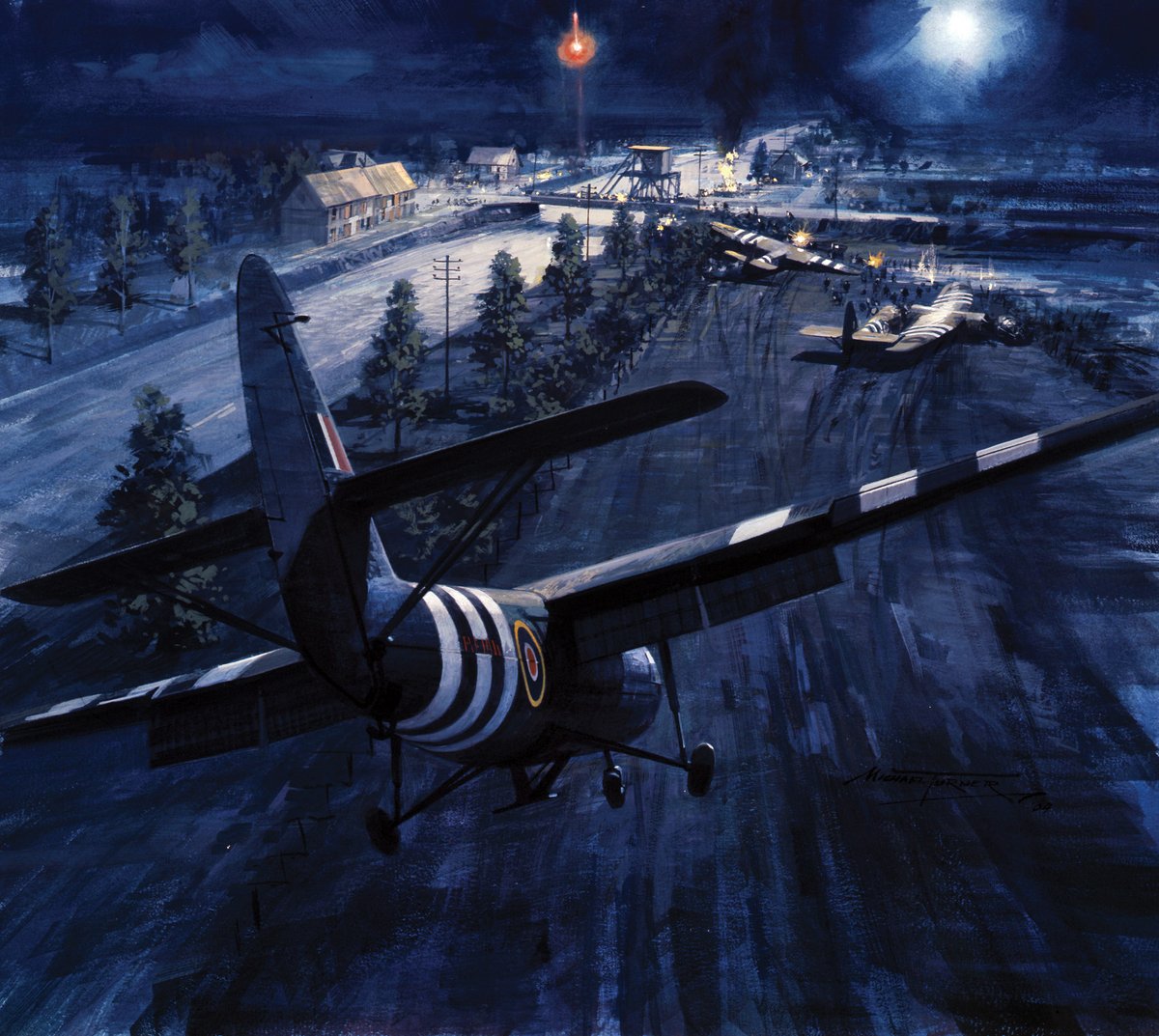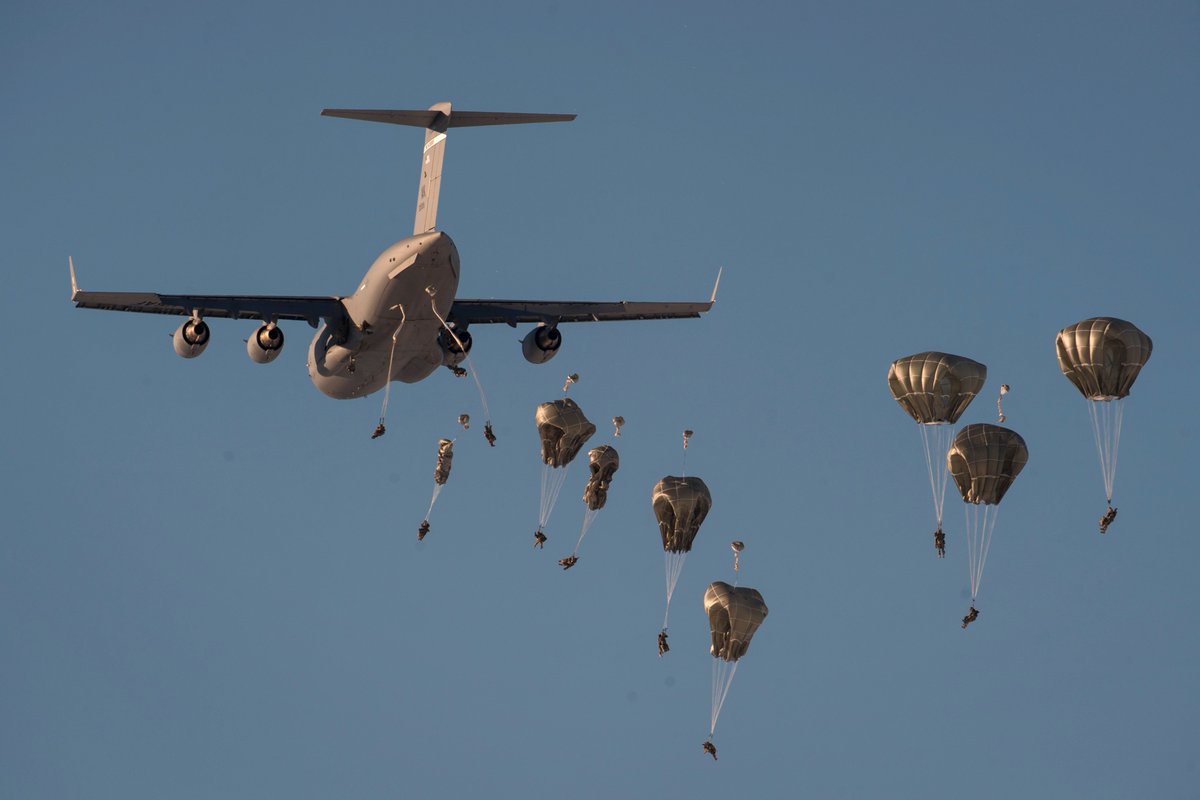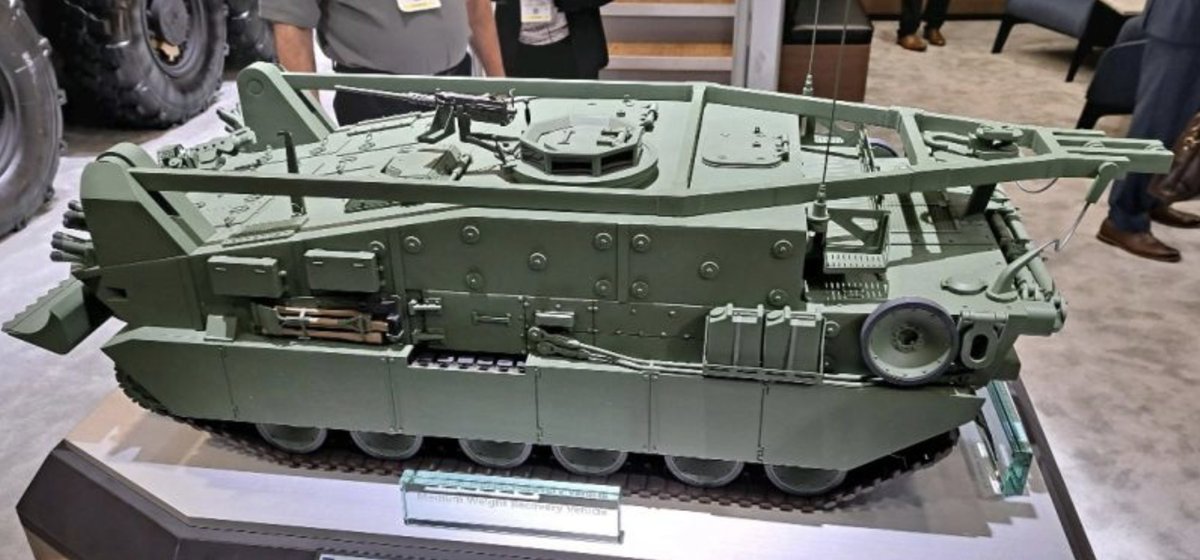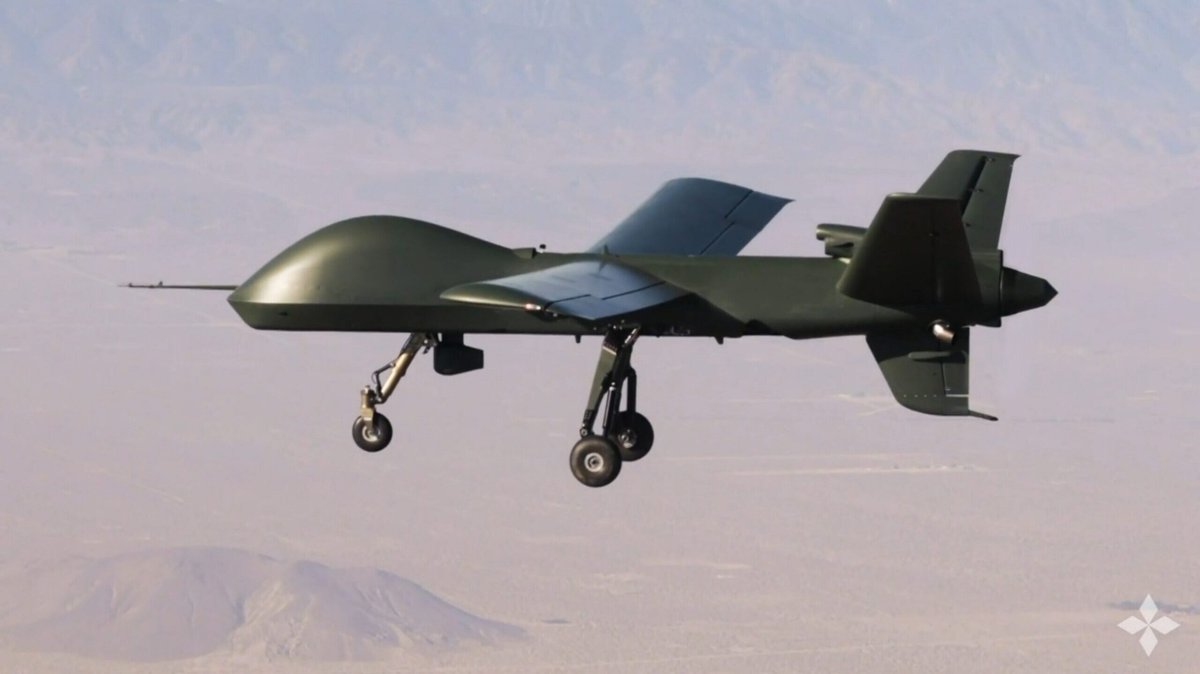THE SITUATION IN UKRAINE (Thread)
As Russian troops continue to mass along the Ukraine's Eastern border, we are all rightly concerned. But will Putin really go for another land grab? And if so, what might happen? Let’s look at how a potential scenario might unfold...
(1 of 10)
As Russian troops continue to mass along the Ukraine's Eastern border, we are all rightly concerned. But will Putin really go for another land grab? And if so, what might happen? Let’s look at how a potential scenario might unfold...
(1 of 10)

Putin attacks across three lines of advance into Western Ukraine. Whatever his strategy, this time it’s different. Unlike 2014, Ukraine forces are better prepared and much better equipped. Territorial gains within the first 24 hours are less than anticipated.
(2 of 10)
(2 of 10)

Global condemnation swiftly follows. Further sanctions are applied, but this changes nothing at the front. Withering artillery barrages are followed-up by substantial armoured thrusts. Although Ukraine forces lose ground, Russian forces suffer significant attrition.
(3 of 10)
(3 of 10)

Casualties on both sides begin to mount. Russian rocket artillery causes widespread damage including civilian deaths. Ukraine forces respond with Israeli-made loitering munitions of the same type used in Nagorno-Karabakh. Thousands of Russian armoured vehicles are lost.
(4 of 10)
(4 of 10)

More important, Russia’s logistical supply chain is targeted so that troops at the front run out ammunition allowing Ukraine forces to counter-attack. Far from achieving a rapid result, the offensive soon gets bogged down and becomes a war of attrition.
(5 of 10)
(5 of 10)

Three months in, Putin’s actions have turned Russia into an outcast. Worse still, the sight of body bags being repatriated starts to sap support at home. As sanctions bite harder, life for ordinary Russians becomes increasingly difficult.
(6 of 10)
(6 of 10)

Ukrainian special forces infiltrate Russia and unexpectedly attack key infrastructures and military installations. Within six months, Russia itself is a country under siege. The Russian economy starts to crumble. Violent public demonstrations become commonplace.
(7 of 10)
(7 of 10)

In response to indirect Western support for Ukraine, Putin’s rhetoric becomes increasingly threatening. His inner circle fearing the consequences of escalation, recognise the danger he now poses. But will this be enough to force him out? Possibly.
(8 of 10)
(8 of 10)

We can explore different scenarios. The thing is, however much Ukrainian territory Putin manages to seize, any attack would be costly politically, militarily, and economically. Attacking the Ukraine is therefore a very risky strategy for Putin.
(9 of 10)
(9 of 10)

Like other oppressive dictators, Putin faces a day of reckoning. If he cannot retire gracefully with the billions he has managed to hide away, he may choose to go out in a blaze of glory. He may be using the West's fear of this scenario to negotiate to his advantage.
(10 of 10)
(10 of 10)

This is a somewhat simplistic view of the situation for Twitter, but not completely unrealistic. What can be said with certainty is that Russia without Putin, without sanctions, and without a broken economy, would be a great trading partner and friend to Europe.
(11 of 12)
(11 of 12)

So, the West needs to stand firm in its support of the Ukraine. But equally, we need to show support for ordinary Russians. We admire their culture and long history. What we don't like is its leader and his regime. They have to go.
(12 of 12)

(12 of 12)


• • •
Missing some Tweet in this thread? You can try to
force a refresh




